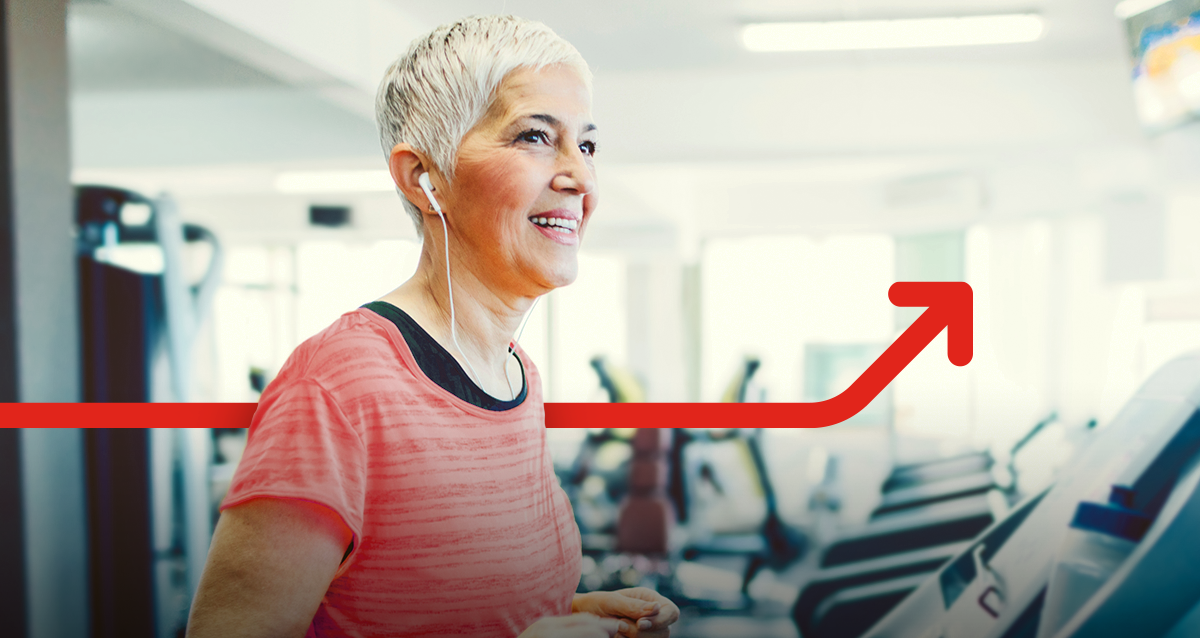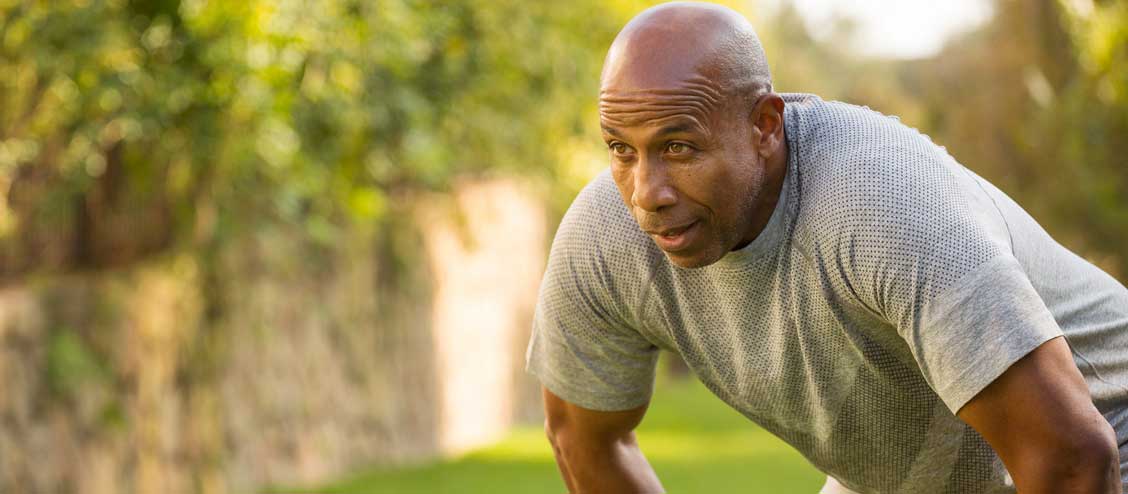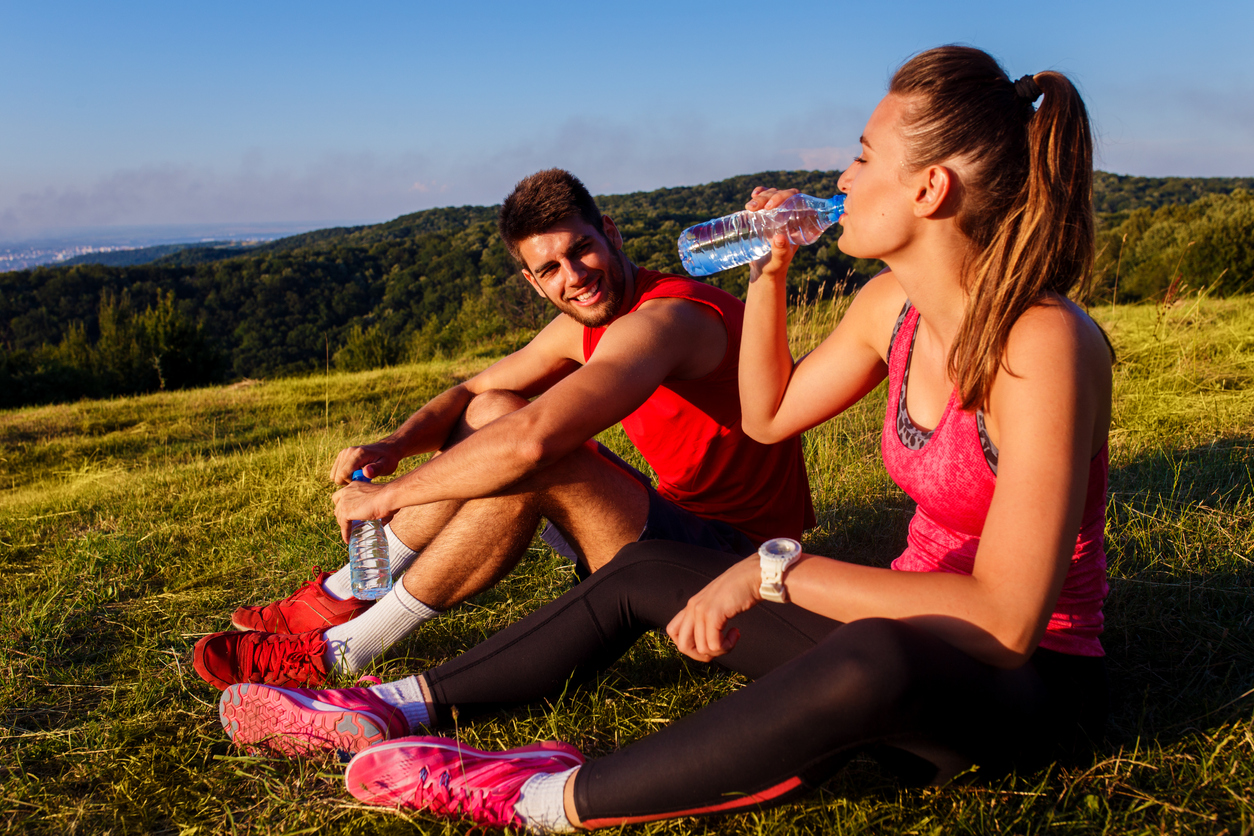How to Keep Up With your Cardio Workouts When It's Hot Outside
July 20, 2021
The heat can be a huge drawback for those wanting to keep up with their cardio workouts during the summertime. The weather can be unpleasant and, in some areas, there may even be air quality warnings. Working out in hot weather can put stress on your body. You can also put yourself at risk of serious illness if you don't take care when you exercise in the heat. The humidity and air temperature combined with exercise itself can increase your core body temperature.
Under normal conditions, your blood vessels, perspiration level and skin will adjust to the heat. However, if you're exposing these natural cooling systems to humidity and high temperatures for too long, aren't drinking enough fluids and are sweating heavily, they could fail.
Fortunately, there are ways you can get your cardio workout safely even on the hottest days of summer.
Tips to Maintain your Cardio Routine While it's Hot Outdoors
Some things you should do if you plan on working out outdoors in the heat are:
1. Wear Sunscreen
Use broad spectrum sunscreen products designed to protect you against both UVA and UVB rays. You'll also want to ensure their sun protective factor (SPF) is between 30 and 50. Apply the sunscreen liberally and cover yourself completely. Choose sticks or lotions instead of sprays. Sprays tend to not provide sufficient protection, since you lose a lot of the spray in the air before it even comes in contact with your skin. Also, the fumes from the sprays can irritate your lungs.
2. Stay Hydrated
If you're doing your cardio outdoors, particularly in the heat, you'll want to drink as many fluids as possible (preferably water). However, you might also want to sip on a natural electrolyte-rich drink. While it might be tempting to grab a sports drink to replenish your electrolytes, sodium and potassium, they do contain added sugar.
Electrolyte-rich drinks, like coconut water, are good, because they don't have the added sugar. Salt-enriched coconut water is even better, since it helps rehydrate your body after exercise-induced dehydration.
3. Try Cooling Techniques
The Scandinavian Journal of Medicine & Science in Sports published a study showing that there are certain cooling techniques you can try that help to "pre-chill" your body before you exercise and keep you cooler longer. One example is wearing chilled underwear.
4. Schedule your Cardio Sessions in the Mornings or Evenings
The hottest time of day in the summertime is between the hours of 10AM and 3PM. If you plan on doing your cardio outdoors, try and do it either in the morning before 10AM or in the evening after 3PM. Just be careful not to exercise too close to bedtime, where it can affect your sleep.
Take your Cardio Workout Indoors
Whether you're a cardio beginner or a seasoned workout pro, you'll want to stay protected from the summer heat. The absolute best way to do this is by working out indoors on either a treadmill, elliptical or exercise bike. Doing your cardio indoors is also a good idea if you live in areas with air quality warnings or those prone to air pollution. Environmental factors like pollution can trigger respiratory issues like asthma and allergies. The good news is there's no shortage of workouts you can do indoors.
Some benefits of doing your cardio workouts indoors are:
- Climate control: Most individuals workout indoors to stay out of the intense heat and humidity.
- Intensity control: Exercise machines like the bicycle, elliptical and treadmill allow you to modify your incline/level, speed and duration of your workout. Also, they can reduce the impact on your knees, feet, spine and hips, which certain outdoor hills and trails can't always offer. Most cardio machines come with heart rate monitors too, helping you determine your workout intensity.
- Environment control: While accidents and injuries can occur anywhere, your risk is lower with indoor equipment.
Make sure you listen to your body. If you start feeling nauseous, dizzy or tired, take a break. Allowing yourself some time to rest is much better than overdoing your cardio workout and becoming injured or sick, which will force you to stop working out altogether. And remember, on days where the heat is intense, you always have the option to keep up with your cardio indoors.
.png?width=258&height=54&name=Landice_logo%20(1).png)



